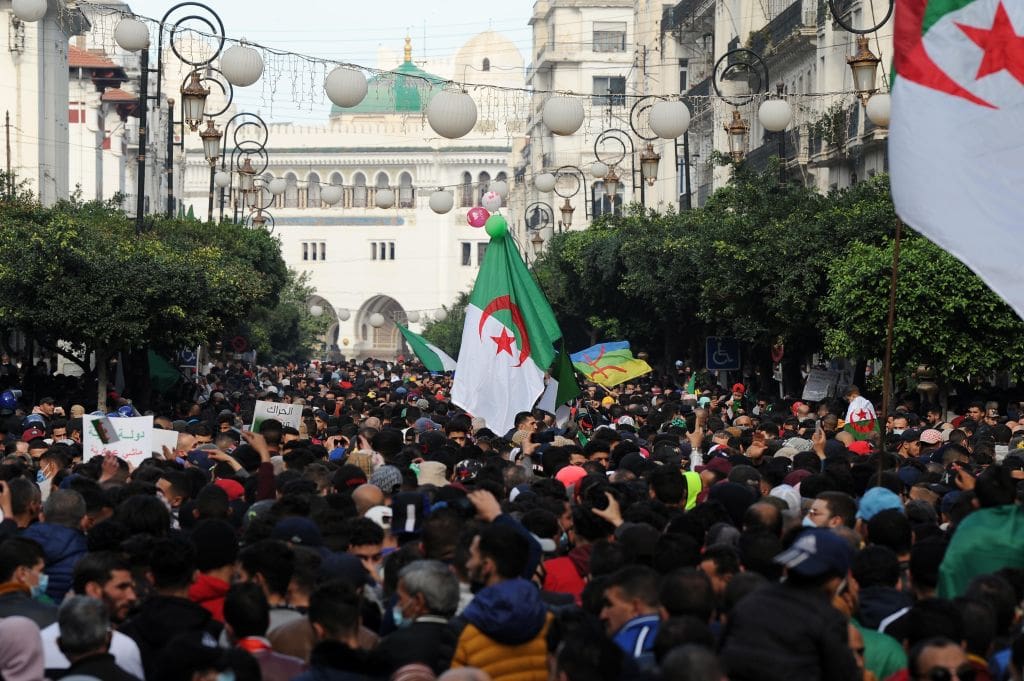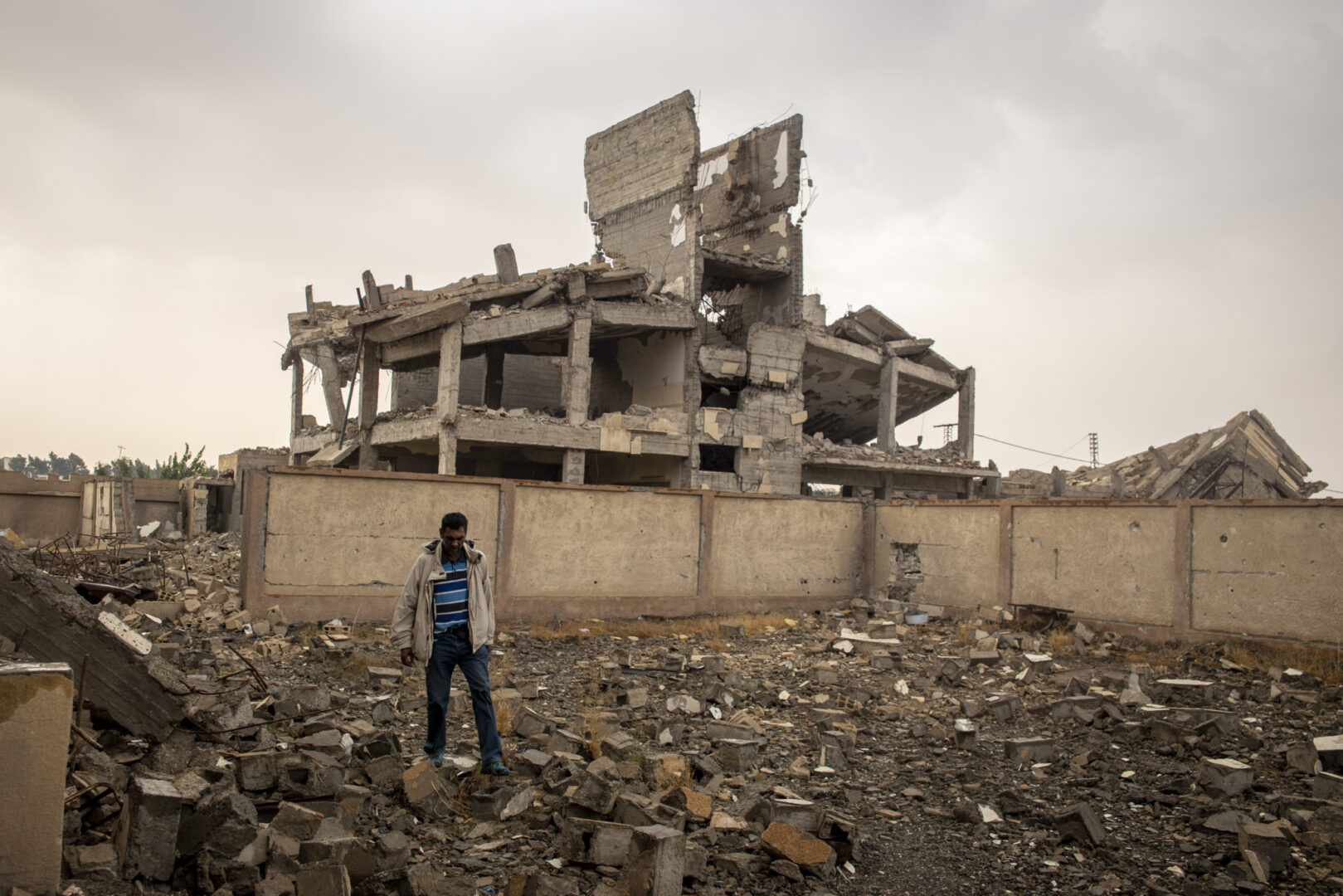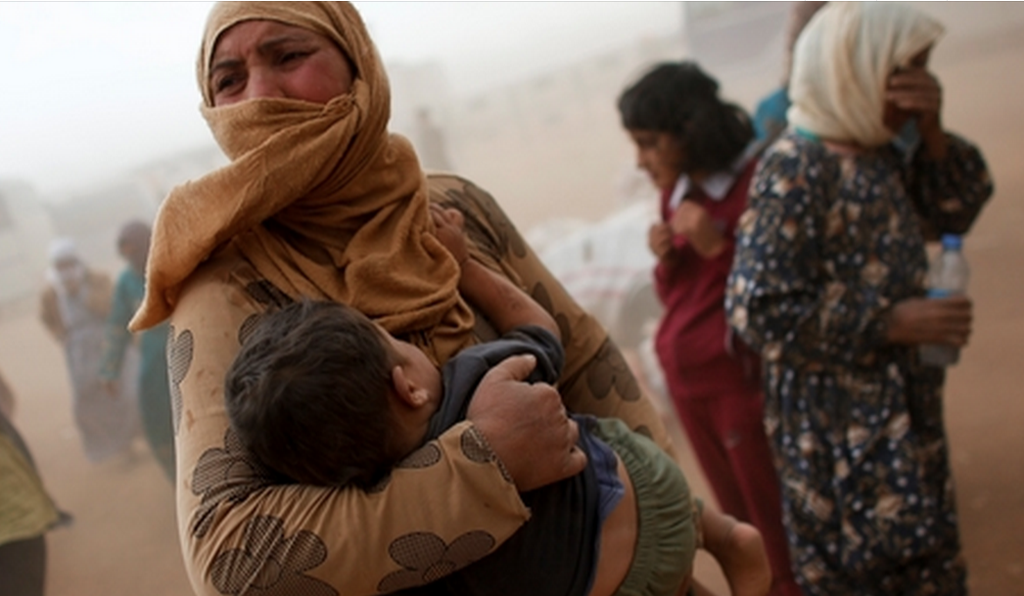Algeria
The following information is based on the Amnesty International Report 2022/23. This report documented the human rights situation in 149 countries in 2022, as well as providing global and regional analysis. It presents Amnesty International’s concerns and calls for action to governments and others.
People’s Democratic Republic of Algeria
“Sixty years after Algeria was recognized as an independent nation, basic freedoms and human rights are still being overlooked, trampled upon or actively curtailed,” said Amna Guellali, Amnesty International’s Deputy Director for the Middle East and North Africa (June 30,2022).
“The unjustified detention of activists and protestors must end. It is shameful that the Algerian authorities continue the use of overly broad and repressive laws to prosecute individuals solely for peacefully exercising their rights to freedom of expression and assembly.”
Authorities continued to arrest and prosecute people who expressed dissent online or attended protests. They also continued to use anti-terrorism laws to prosecute peaceful activists and journalists, and to close or threaten to close associations. Prison officers subjected prisoners to torture and other ill-treatment with impunity. Authorities closed three churches and refused licences for more, and restricted the right to movement of some activists and journalists. Three lawyers were prosecuted in relation to their defence of political activists or for protesting against a suspicious death in custody. Thirty-seven femicides were reported; no changes were made to the law to protect women. Courts handed down death sentences; there were no executions..
Relevant Links
- Algeria — 2022 Human Rights Report
- Algeria: Jailed brother of activist on hunger strike: Abderrahmane Zitout
- Algeria: Further information: Whistleblower activist’s conviction upheld: Mohamed Benhlima
- Algeria: Free Activist Granted Refugee Status in Tunisia
- Suggested recommendations to States under review in the 41st session of the UPR Working Group, November 2022 (including Algeria, Morocco, and Tunisia)
- USA: Release cleared men from Guantánamo
- Algeria: Further information: Investigate torture of whistleblower: Mohamed Benhlima
- Algeria: Authorities must release defence lawyers and stop assault on right to fair trial
- Algeria: Release members of Ahmadi religious minority
- OPEN LETTER: IMMEDIATELY RELEASE AND ANNUL THE SENTENCE OF ENVIRONMENTAL HUMAN RIGHTS DEFENDER
- Algeria: Shutting Down Civic Space: Submission to the 41st Session of the UPR Working Group, 7-18 November 2022
- Algeria: Journalist must be released immediately: Merzoug Touati
- ALGERIA: SPAIN FORSAKES INTERNATIONAL OBLIGATIONS IN APPALLING REFOULEMENT OF ALGERIAN WHISTLE-BLOWER
- Algeria: Quash conviction of Christian convert and overturn repressive law used to prosecute him
- Algeria: Conviction of journalist is latest escalation in crackdown on media
- Algeria: Reverse decision to dissolve leading human rights groups
ALGERIA: SILENCING CRITICS AT HOME AND ABROAD
UNPRECEDENTED REPRESSION OF DISSENT IN ALGERIA — please click to take action!





